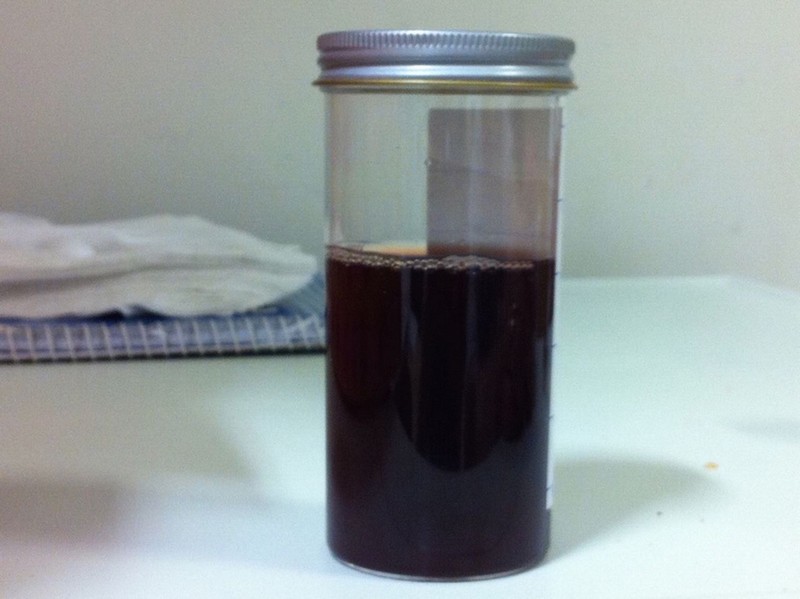Dark Urine

Urine is composed of waste products and excess water that is filtered by the kidneys. Its color can vary, ranging from pale and yellow to darker amber. While many things may cause color changes in urine, and most are often harmless, there are also cases where it could signal a potential health issue. One example is dehydration, which occurs when the body doesn’t have enough water. Other accompanying symptoms that may present because of it are dry lips, thirst, dizziness and weakness, and fatigue.
Hepatitis C is another condition that can trigger dark urine. Often, this liver infection disease has very few symptoms in its early stages, so some may not be aware of it until it progresses. When the signs of the condition start to occur, they’re typically mild and include fatigue and jaundice. But not all instances of dark-colored urine are brought about by diseases. Specific foods like blackberries and beets may turn it dark brown.
Specific medications like primaquine and metronidazole can also do the same. Treatment for it will generally depend on its cause. If it’s dehydration, then rehydration therapy might be needed. Mild conditions of anemia don’t require medical treatment, just lifestyle changes.










